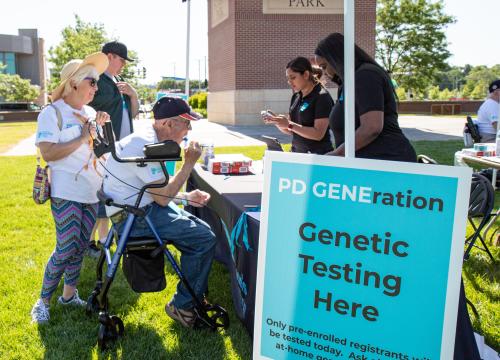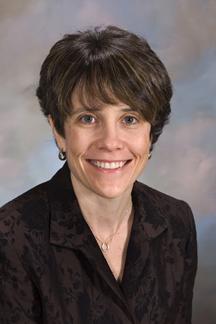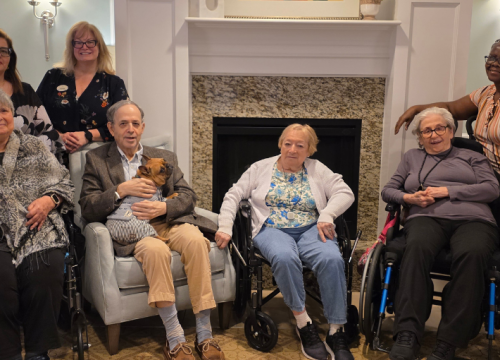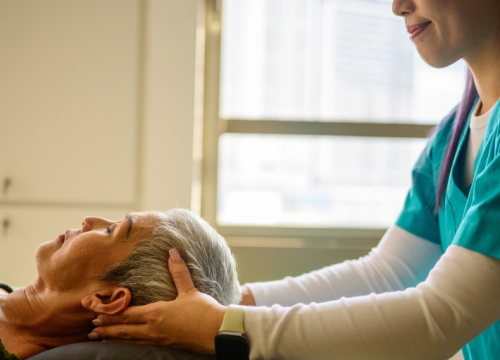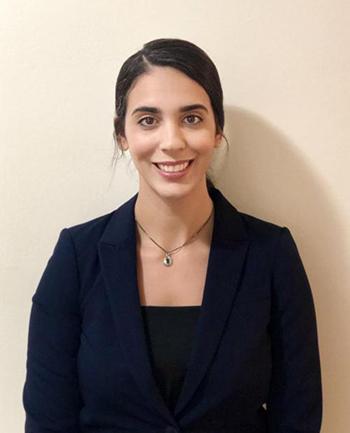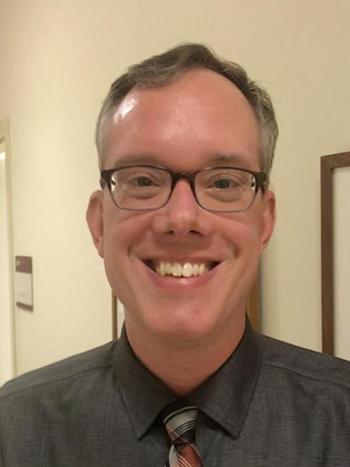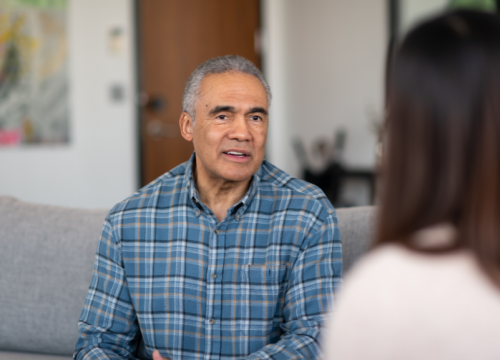Episode 140: What to Do When the Next Medical Appointment is Months Away
Medical problems often do not follow a schedule, and it can be frustrating to get them addressed when the next doctor appointment is weeks or months away. It’s important to have a plan about what to do for support between clinic appointments. A good first step is to discuss the issue with your health care team and to arrange to have a designated person or point of contact should such a situation arise. Heather Russell, RN, Coordinator of the Parkinson’s Foundation Center of Excellence at the London Health Sciences Centre in London, Ontario, Canada, is that person for her clinic. In this episode, she describes how she helps her patients when they have a medical problem related to their Parkinson’s disease and their next scheduled clinic visit is some time away.
Released: November 29, 2022
Want more?
Don't forget to subscribe! There are many ways to listen: Apple Podcasts, TuneIn (Amazon Echo), Spotify or RSS Feed. (Need help subscribing? See our quick guide.)
For all of our Substantial Matters podcast episodes, visit Parkinson.org/Podcast.
Related Materials
Related Blog Posts

How to Prepare for a Telemedicine Appointment




